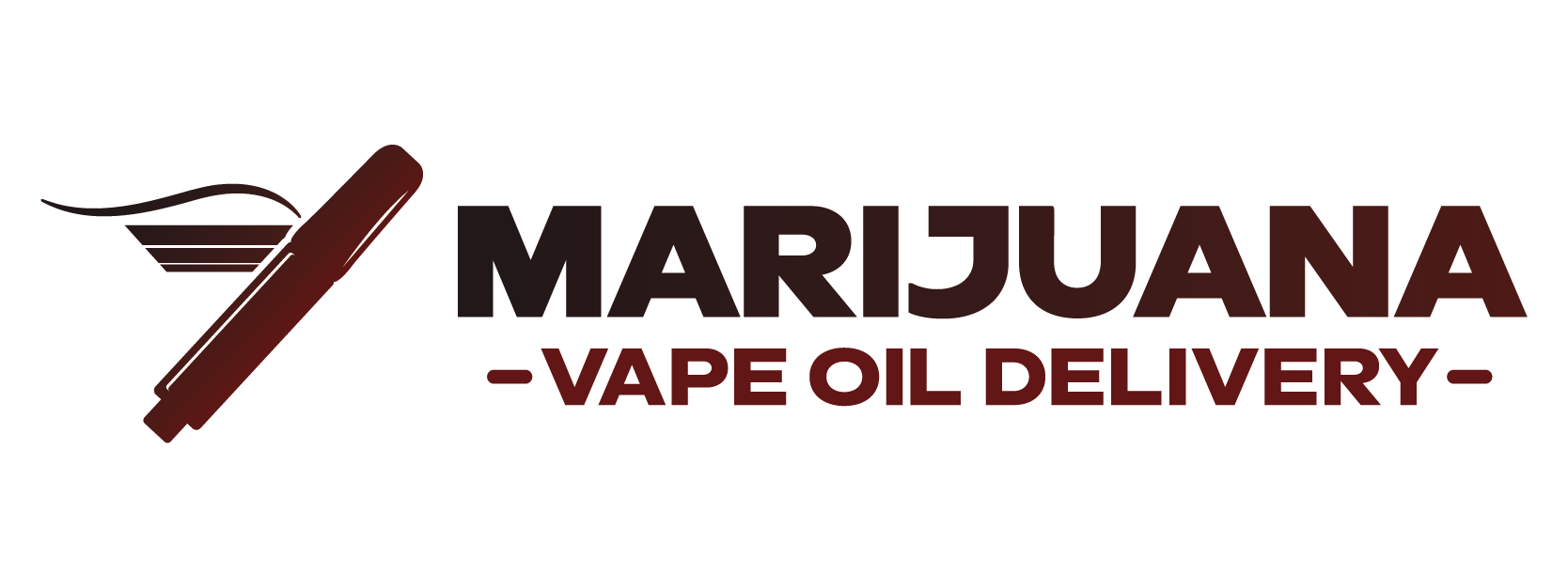Several U.S. states have imposed restrictions or outright bans on vape oil products—especially flavored or cannabis-derived varieties—due to mounting public health concerns and regulatory inconsistencies.
Severe Lung Illnesses from Illicit Products
Between 2019 and 2020, a national outbreak of EVALI (e-cigarette or vaping-associated lung injury) led to over 2,700 hospitalizations and nearly 70 deaths. Investigations found that the majority of these cases were linked to illegal vape oils containing vitamin E acetate—an additive commonly found in black-market THC cartridges.
Youth Vaping Epidemic
Health authorities have identified flavored vape oils as a significant factor in the rise of teen vaping. In response, states like New York, Massachusetts, Michigan, Oregon, Washington, and Rhode Island implemented bans on flavored vape products to curb adolescent use.
Patchwork Regulation
While the FDA regulates tobacco-based vape products, it has offered limited oversight on cannabis oils. This regulatory gap led individual states to enforce their own policies, resulting in a patchwork of laws across the country. Some states ban all flavored vaping products, while others target only specific types, such as THC-based cartridges.
Implications for Consumers
Limited Availability
Consumers in states with bans will not have access to flavored or cannabis-derived vape oils through legal dispensaries or vape shops.
Increased Black Market Activity
Restrictions may unintentionally drive consumers toward unregulated sources. Illegal cartridges—often imported and untested—pose significant health risks.
Public Health Improvements
States enforcing vape bans have reported declines in teen vaping rates and vape-related health incidents, especially among minors.
Legal Compliance Risks
Carrying banned vape products across state lines or purchasing from unauthorized sellers could lead to legal consequences.
Shift in Consumer Habits
Many users are pivoting to unflavored or alternative consumption methods like edibles or tinctures, depending on what’s legally available.
Need for Verified Products
Consumers are encouraged to only purchase lab-tested, legally compliant vape oils from licensed sources and to avoid cartridges lacking clear labeling or third-party testing results.
Industry and Regulatory Outlook
Many industry advocates argue that prohibition leads to more unregulated activity, not less. Vape retailers and manufacturers have taken legal action in some states, challenging bans they say hurt small businesses and do little to combat illicit trade.
At the same time, state attorneys general have begun pursuing lawsuits against distributors accused of skirting regulations by marketing appealing flavors to minors. Enforcement is expected to intensify, particularly as data continues to highlight the prevalence of counterfeit vape cartridges in banned markets.
In Review
State vape oil bans reflect a complex intersection of health concerns, regulatory gaps, and consumer behavior. For users, the best course is to remain informed about local laws, avoid black-market purchases, and rely on licensed dispensaries that offer transparent, tested products.
